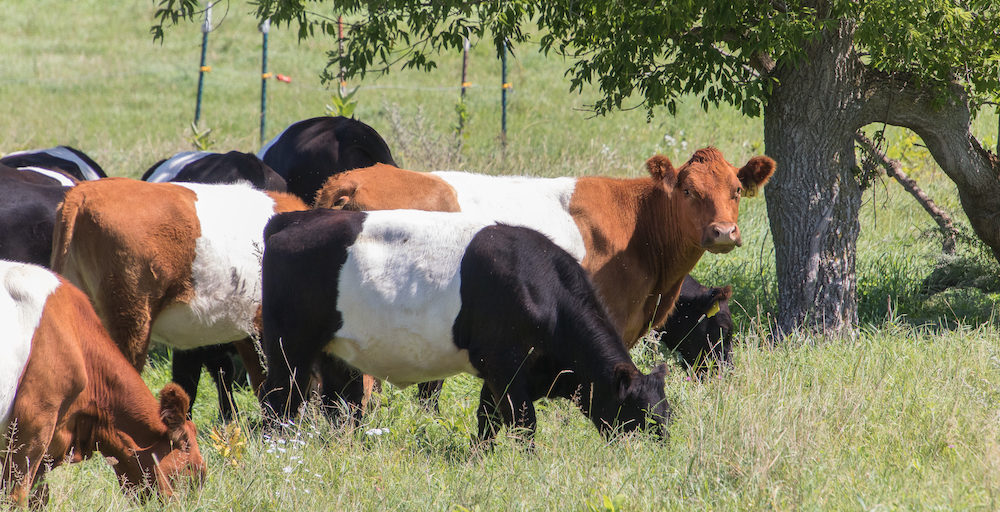I know better; I should never take a book to bed. Although I tell myself that I’ll read for just 15 minutes, suddently it’s 1:05AM. Drat – I’ve done it again.

Today’s sources
I can’t help it – I love researching recipes, the histories of spices and teas, national foodways, and cuisines at different times in history. Right now, I’m finding and testing new recipes for my
Cowgirl High Teas. Exciting savories, seasonal scones, unique curds and jams, off-the-chart gluten-free tarts. These high teas are informed by
our farm, our commitment to sustainably grown local foods, the teas I’ve enjoyed in many parts of the world, and foods enjoyed by many cultures.
Fortunately (or unfortunately) there are a gazillion books (So glad the Amery Public Library is part of the state’s extensive lending network). Then there are the hundreds of blogs and thousands of Pinterest posts. And I’ve got to do this in between farm chores. (Can’t keep our BueLingo beef herd waiting to be moved to fresh pastures, after all!)
This intense investigation and trial reminds me of a time, decades ago, when I was planting my first garden in south Minneapolis. Copies of Organic Gardening magazine, Rodale books, and John Jeavon’s More Vegetables lay open by my new raised beds. Within weeks, their pages were dog-eared and smudged. I was determined! I tore up lawn and pulled up flower beds. You can’t eat flowers! And I needed space for all those healthful vegetables to eat and freeze for my husband, our two young children, and me.
I was a zealot. But after several years, I began to yearn for flowers. I’ve always loved them. I gift them all the time, and love getting bouquets from husband and kids. And if I’m feeling particularly generous, I’ll buy some for myself. After five or six years of nothing but edibles, I started planting a few tulips and irises. Then came the bachelor’s buttons, pincushion flowers, and rugosa roses. When I sold my house, I planted hundreds of gladiola bulbs for the new owners to enjoy that summer.

Verbena and vinca flowers among rosemary branches
I see the cycle repeating itself. I started baking bread in the 1970s, along with everyone else searching for alternatives to that white squishy stuff sold at the grocery store. My first attempts were doorstops, but I I kept plugging.
My obsession with mild French sourdough began over a dozen years ago. Again, I plunged into research, trials, sacks of flour and burbling jars of sourdough starter. Six years ago, I started teaching others how to bake artisan loaves in their home kitchens. All fall and winter, these classes focus on strategies using time, temperature and hydration to create lofty, chewy crusts, and open tender crumb. We have a good time filled with lots of conversation, flour up to our elbows, and yummy sampling.
Now, don’t get me wrong, I know woman cannot live by bread alone. I will not turn down a chewy, home-made chocolate chip cookie. I can, and have, eaten them by the dozen. But cakes and pies? Nah, not so much. At least, not until recently.
A couple of years ago, the fragrance and almondy richness of fangipane caught my attention, and a recipe that included cranberries (my favorite fruit) demanded I buy a tart pan. Now, I’m baking miniature cakes and tartlets, lemon-infused bundt cakes, ginger shortbreads and cardamom cookies, strawberry scones, panna cottas, and mini-cheese cakes — bite-sized delectables just right for high tea. I’m loving the sweet end of the baking spectrum. There’s a balance they provide.

Bees hum in the garlic chives
Nutrient-dense produce
and wonderful sprays of color and fragrance – a balance valuable in the garden and in the kitchen. In truth, you can’t be a vegetable gardener without flowers. It just isn’t possible because every fruit and vegetable begins with an often inconspicuous swirl of petals. Similarly, the plants we cultivate specifically for their glorious blooms are as important to the health of our natural and human landscape. They lift our hearts.
I think baking presents an analog. Bread is, I believe, a critical staple in our diet. But cakes and tartlets? Mini-muffins and tiny pies? I’m beginning to see them as the flowers in our cuisine.
-

-
Sourdough bread
-

-
Cranberry Almond Frangipane
Sylvia
Like this:
Like Loading...


























